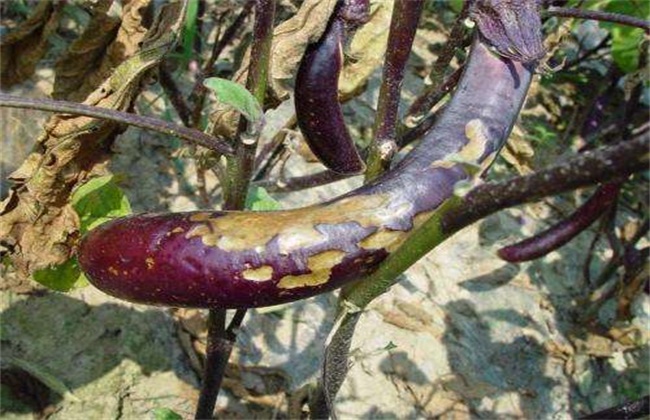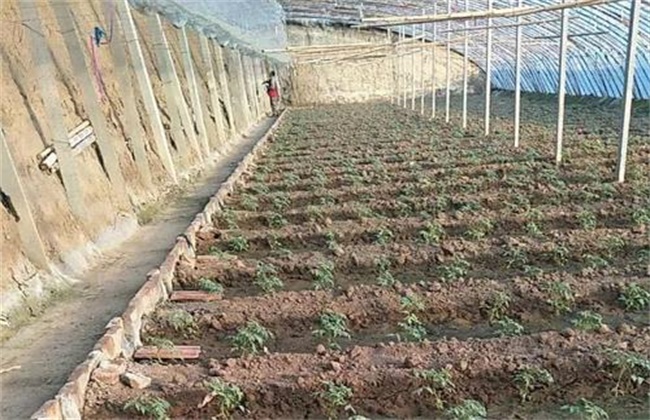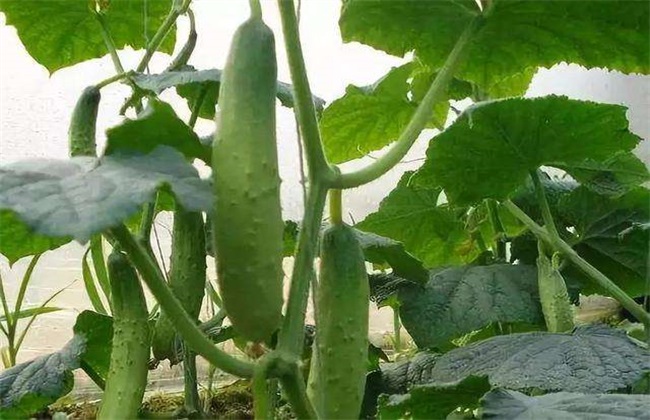Causes and control measures of premature senility in vegetables
Vegetables are indispensable food in daily life, and premature senescence of vegetables is the most common problem in production, which seriously affects the quality and yield of vegetables. So how to delay plant senescence and improve vegetable yield has become the focus of vegetable planting. Let's take a look at the causes and prevention measures of premature senility of vegetables together with Xiaobian.

1. Causes of premature senility
1. Seedling aging
In the process of vegetable seedling raising, if the seedling age is too long, it will lead to seedling aging. In addition, in order to restrain the seedling growth, spraying plant growth regulators such as paclobutrazol, dwarfin, zhuangsu and other plant growth regulators will also lead to seedling aging. After planting, this kind of seedling will slow down the seedling and grow poorly in the main root, which lays a hidden danger for the later stage of premature senescence.
2. Root system damage
Long-term use of chemical fertilizer, resulting in soil hardening or salinization, or burning roots caused by the use of immature farm manure, improper management of fertilizer and water in production management will also cause root damage or stunting, which will lead to plant malnutrition and premature senescence.
3. Diseases and insect pests
Diseases and insect pests are also the key cause of premature senescence of vegetables. In winter, the environmental conditions of low temperature, high humidity and low light create favorable conditions for the occurrence of diseases and insect pests. Plant diseases and insect pests affect plant photosynthesis and nutrient absorption, and induce premature senescence.
II. Prevention and control measures
1. Appropriate age colonization
It is necessary to reasonably arrange the time of raising seedlings, plant at the right age, strengthen the management of fertilizer and water at the seedling stage, make rational use of plant growth regulators, pay attention to concentration and times, avoid seedling aging and cultivate strong seedlings.
2. Root cultivation
To deeply turn the soil, create a good soil environment, turn the soil deeply, the plough layer reaches 35-40 cm, increase the soil permeability and the ability to preserve fertilizer, and promote the development of root system. Rational watering and fertilization to promote root development, base fertilizer should choose fully mature organic fertilizer, late topdressing should choose high potassium fertilizer and balanced fertilizer alternately to avoid long-term application of high potassium fertilizer. After planting, watering should be controlled, mid-tillage should be strengthened, and plastic film mulching should be used after planting to increase the soil temperature, promote the root system and improve the root absorptive capacity.
3. Rational use of drugs to control diseases and insect pests
Prevention and control of vegetable diseases and insect pests should take the principle of prevention, early spray prevention, pay attention to scientific and reasonable spraying, do not spray too frequently, the concentration is too high, so as not to cause drug damage and accelerate the premature senescence of vegetables.
III. Countermeasures after the occurrence of premature senility
1. Picking leaves and thinning fruits
After the occurrence of premature senescence of vegetables, the treatment should not only increase the room temperature, but also thinning flowers and fruits, leaving less fruit appropriately, promoting vegetative growth, harvesting early at the same time, and removing the lower diseased leaves and yellow leaves in time to reduce nutritional consumption.
2. Cultivate roots and protect leaves
In the middle and later stage of vegetable growth or weak growth, the most common is foliar spraying fertilizer, which can be sprayed with amino acid leaf fertilizer plus nitrogen, phosphorus and potassium leaf fertilizer, which can delay leaf senescence and promote leaves to return to normal.
3. Prevention of diseases and insect pests
After the occurrence of premature senility, the disease resistance is poor, so it is necessary to use pesticides to control diseases and insect pests. Broad-spectrum fungicides such as azoxystrobin, pyrimidinamide and pyrazole can be used to control diseases. Avermectin, imidacloprid and bifenthrin are used to control pests.
The above is the introduction of the causes and prevention measures of premature senility of vegetables. I hope it can help you. If you want to know more about it, please follow us.
Related
- Where is it suitable to grow horseradish in China? it is expected to see the middle altitude horseradish in Alishan.
- How to prevent tomato virus disease reasonably? (Control methods included)
- Many people like to plant towel gourd on the balcony. What are the main points of this method and management?
- What crops can chili peppers be mixed with?
- Fertilization techniques and matters needing attention in Tomato
- What are the grafting techniques for peach seedlings in spring?
- Harm and control methods of root swelling disease of Chinese cabbage
- What are the pests of sweet potatoes? How to prevent and cure it?
- Symptoms, causes and Control methods of navel Rot in Tomato
- The cause of "Cucumber rotten bibcock" in Farmers' planting Cucumber and its Control Plan



